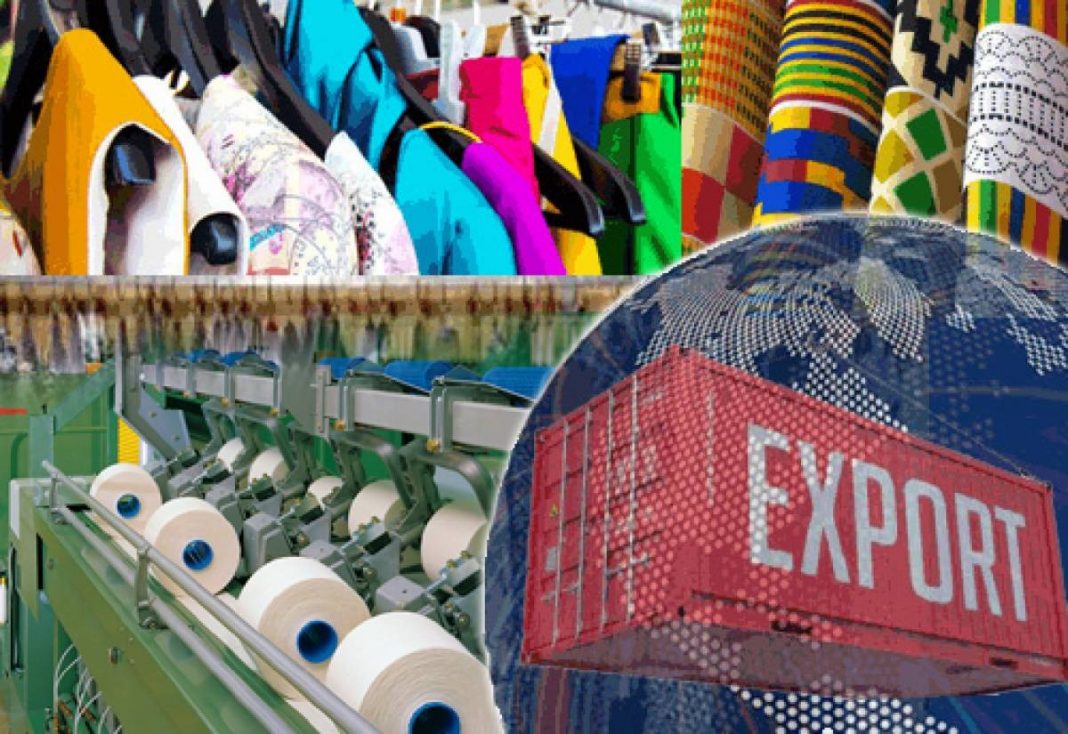ISLAMABAD: Textile exporters have demanded the government ensure early release of sales tax refunds.
“Textile exporters are facing cash problems because of unnecessary delay in billions of rupees sales tax refunds,” Chairman of Pakistan Textile Exporters Association (PTEA) Sohail Pasha told WealthPK.
The PTEA chairman was of the view that the delay in sales tax refunds has disrupted their business activities and future plans. “Delay in releasing sales tax refunds is badly impacting the exports as exporters’ liquidity has already taken a strong hit from negative impacts of global recession,” Pasha said.
He said that approximately Rs50 billion had been stuck since September 16, squeezing working capital of the export sector and causing slowdown of the industrial growth.
Pasha cautioned that textile exports in November might fall if the refunds were not cleared immediately. He said that according to rules and regulations, the government is bound to release sales tax funds within 72 hours. However, he regretted that the Federal Board of Revenue (FBR) has failed to perform its duty according to standard procedures.
The PTEA chairman said that textile exporters could not decide about the future of their businesses in a scenario where the global business is facing a slowdown.
He was of the view that FASTER (Fully Automated Sales Tax e-Refund) scheme, which has brought some relief to the sector, should continue. “The sector is also absorbing the inefficiencies of the energy sector and paying the burden of other consumers,” he added.
“The textile industry, which comprises 46% of the total manufacturing sector, provides employment to around 15 million Pakistanis, and contributes 8.5% to the GDP. The industry can lead the economy out of crisis with supportive policies,” the PTEA chairman said.
The textile export industry has entered a sustainable economic growth phase; however, emergence of an economic crisis could be an instant setback, he added.
Pasha was of the view that Pakistan could potentially increase textile exports to over $30 billion in the next few years if the government ensures consistent policies. He acknowledged that regionally competitive electricity tariffs (RCET) has enabled the textile sector to perform exceptionally well during recent years.
Pasha maintained that growth in exports is the ultimate solution to economic problems faced by Pakistan. “Achieving the exports’ target is only possible if the government continues its favourable policies towards industry,” he added.
Pasha said that there is a strong but not accurate perception that the government is providing too many subsidizes to the textile sector in terms of energy prices and tax exemptions on import of raw material.
“If we analyse carefully, the subsidised advances to the textile sector are less than what the government owes to the sector under various refund schemes. The sector is also paying the cost of this stuck up working capital,” he said.






